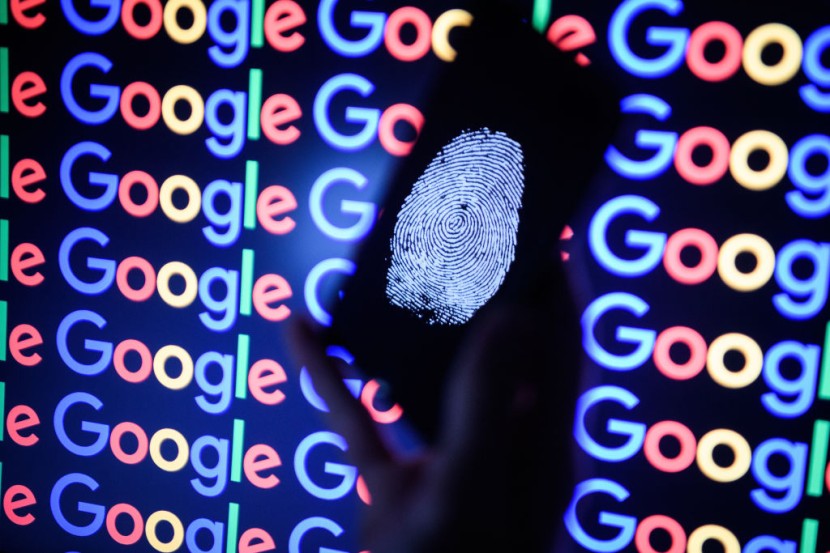
Google threatens to disable the search engine's search engine if Australia allows the media code to pass. It will force Google and Facebook to pay for content that is considered a commodity.
Data is what is essential for search engines and what makes them tick. This time big tech like Google or Facebook is not getting a free ride.
On January 22, Alphabet Inc's Good stated that the search function on their search engine would be blocked.
Suppose the Australian government decides on authorizing a new bill to force them and Facebook to pay for data from local media companies, paying for rights to use content will be enforced, reported Straits Times.
This move by the tech firm adds fuel to the fire, as entities realize using Google and Facebook data for free is under question.
News Corp is a global fighting corporation that will have an impact once resolved.
It warned that applying the new law will be detrimental to Australian users' online experience dependent on the search engine. Many will have less than satisfactory searches and YouTube activity with data regulated by payment to the content's authors.
Canberra added that the new laws would be passed that make data a commodity that requires a big tech to haggle for payments. This will cover local Australian publishers and broadcasters to set the price; nothing will be free. Should no deal be reached, a government-appointed arbitrator will decide on the price.
According to Mel Silva, managing director for Australia and New Zealand, she said citing factors like unmanageable financial and operational risk should be passed in a Senate hearing. She added that it would force them to disable Google Search in Australia if the media code should be applied.
Also read: Twitter Senior Executive Captured by Undercover Video Talking About Censoring Users
Noticeably Ms. Silva omitted any mention of YouTube in the statement prepared.
Australian Prime Minister Scott Morrison reacted to Google and slammed the search engine giant with scathing remarks. He added that Google does not decide for Australia or makes its own rules.
With no accountability, big tech is now under the microscope for its monopolies and practices giving it absolute control over its platform.
He shot back another remark when asked by reporters; he said people who want to work with Australia are welcome. Adding the government will not respond to threats.
During the inquiry, Australian Competition and Consumer Commission chair Rod Sims, who read the new regulations, said the tech giants are unpredictable, but things can be negotiated.
He added that commercial deals when they are in total command. This is not a commercial deal if they have full control.
Google mentioned the code is too broad and want a revision, or they will not implement even a limited search, calling it too risky for them.
Overall sales from Australia kept hush-hush; everyone knows that search adds to the bulk of the enormous earnings globally.
The US government asked that the law be scrapped and has political support, with a voluntary code be considered.
After an investigation, Canberra determined that Google and Facebook are media monopolies. If not regulated, they are a threat to democracy.
Google has expressed dissatisfaction with passing the Australian media code and is deemed as threatening to democracy.








